The American consumer, already bruised by the pandemic and the subsequent surge in inflation, is now grappling with the additional uncertainty brought on by President Donald Trump’s chaotic tariff policy. New survey data from tax and audit firm KPMG reveals that consumers are adapting their spending patterns and delaying purchases in response to these economic headwinds. This shift underscores a growing trend of financial prudence and a heightened awareness of economic instability.
KPMG’s second annual American Perspectives survey, released early Thursday, provides a snapshot of how consumers are navigating the current economic landscape. The survey, which polled 2,500 adults, aimed to assess their personal financial situations and their responses to changing economic forces, including tariffs, the rise of generative artificial intelligence (GenAI), and evolving perceptions of higher education. Conducted between April 3 and April 23, the survey period followed Trump’s April 2 announcement of a new round of tariffs, though it preceded the recent de-escalation in the US-China trade war.
The findings indicate that consumers are becoming more cautious with their spending, with many planning to delay major purchases and cut back on discretionary spending to avoid accumulating debt. Matt Kramer, KPMG’s US products line of business leader, highlighted this trend, noting that consumers are quickly adapting to "spend-smart" initiatives. "Seeing them go through the Covid cycle and into this new cycle, they’re quickly adapting to their spend-smart initiatives as they look at their personal finances and ways to control costs and how they evaluate major purchasing decisions," Kramer said.
This shift in consumer behavior is a response to the economic uncertainty introduced by the pandemic and exacerbated by the tariff policy. During the pandemic, consumers were slow to adjust to the new economic reality, but the current situation has prompted a faster response. Approximately 68% of respondents indicated they did not want to take on any more credit, reflecting a reluctance to incur new debt. This sentiment is further underscored by the fact that 43% of respondents said they would delay buying a car due to tariffs, and 70% reported using free ad-supported TV as an alternative to ad-free streaming services to save money.
The survey also revealed that consumers are actively seeking ways to save by switching providers where it makes sense, whether for streaming services or insurance. This trend indicates a growing awareness of the need to manage costs and avoid unnecessary expenses. "They’re clearly looking at opportunities to save," Kramer noted. "They’re switching providers where it makes sense."
Beyond the immediate concerns of tariffs and personal finances, the survey highlighted the increasing role of generative artificial intelligence (GenAI) in people’s lives. About 45% of respondents said GenAI is having a significant impact on their day-to-day personal life and professional life, up from 41% and 40%, respectively, last year. This growing influence of GenAI reflects a broader trend towards the integration of technology in various aspects of life, offering both opportunities and challenges for consumers.
The survey also indicated a shift in perceptions around higher education. Half of the respondents believe that a degree is no longer essential for a well-paying career. This change in perspective is likely influenced by the rise of alternative education pathways, such as apprenticeships and technical training, which offer quicker and more practical routes to employment. "Apprenticeship, technical training, and looking at how technology is advancing and how you can accelerate your skills much more quickly, all of that is playing into those responses," Kramer explained.
The KPMG survey paints a picture of American consumers who are increasingly cautious and strategic in their spending. The combination of economic uncertainty, tariffs, and the rise of new technologies is prompting a shift towards financial prudence and a reevaluation of traditional spending habits. As consumers adapt to these changing forces, they are demonstrating a greater willingness to explore alternative options and prioritize cost-saving measures. This trend is likely to continue as economic conditions evolve, and it underscores the need for businesses and policymakers to be attuned to the changing needs and behaviors of the American consumer.

By Laura Wilson/May 16, 2025
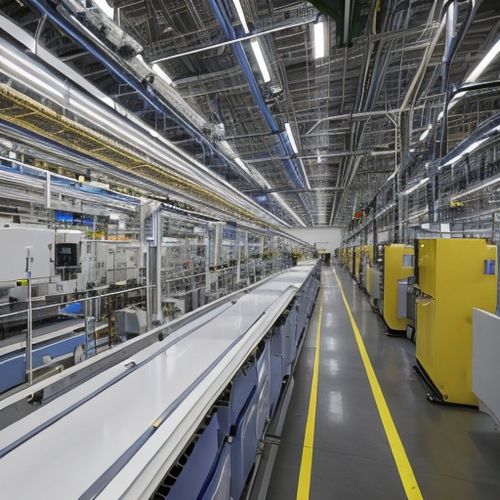
By Michael Brown/May 16, 2025

By Elizabeth Taylor/May 16, 2025
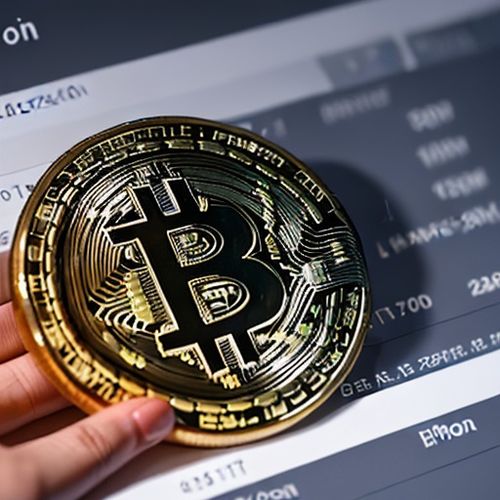
By Sophia Lewis/May 16, 2025
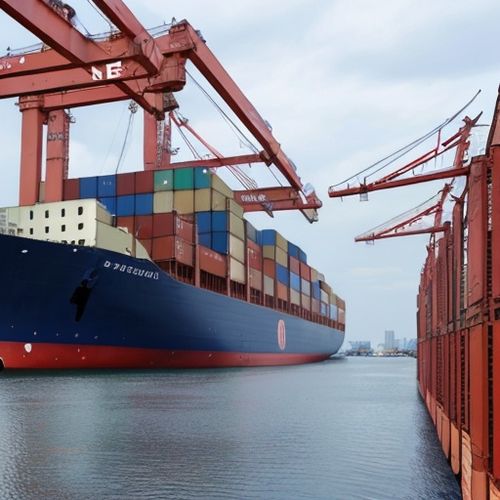
By Noah Bell/May 16, 2025

By Joshua Howard/May 16, 2025
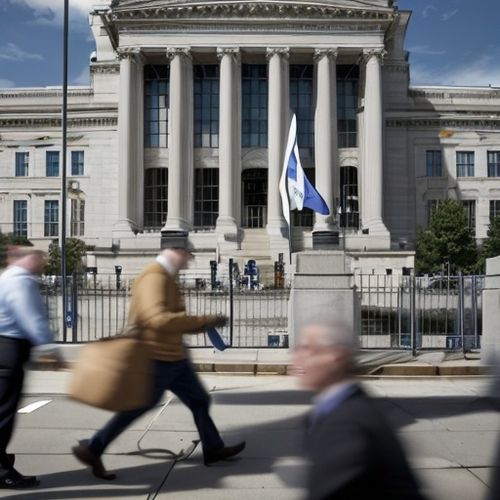
By John Smith/May 16, 2025
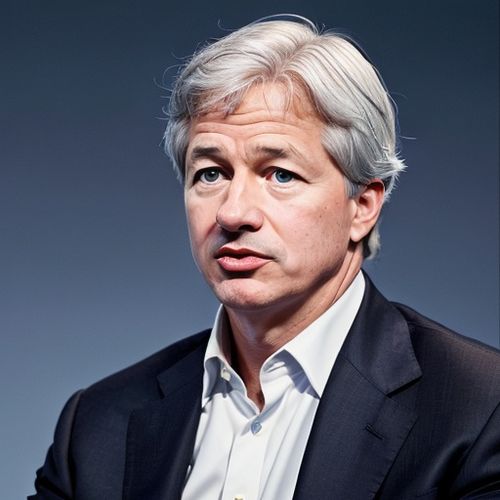
By Laura Wilson/May 16, 2025
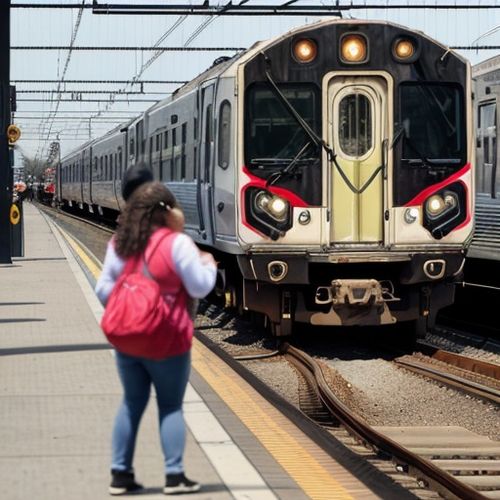
By Benjamin Evans/May 16, 2025
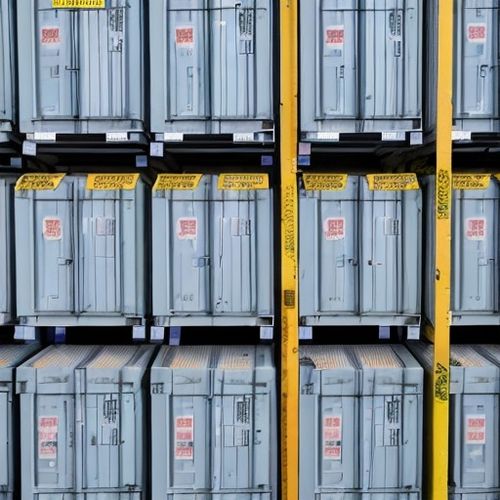
By Michael Brown/May 16, 2025
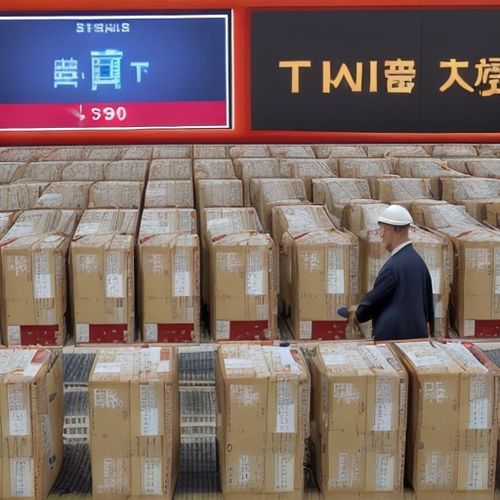
By Sarah Davis/May 16, 2025
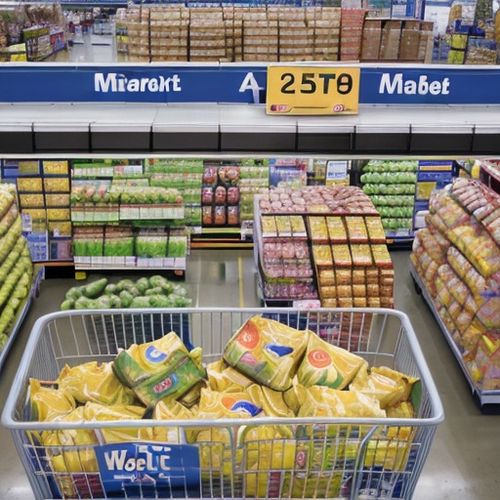
By William Miller/May 16, 2025
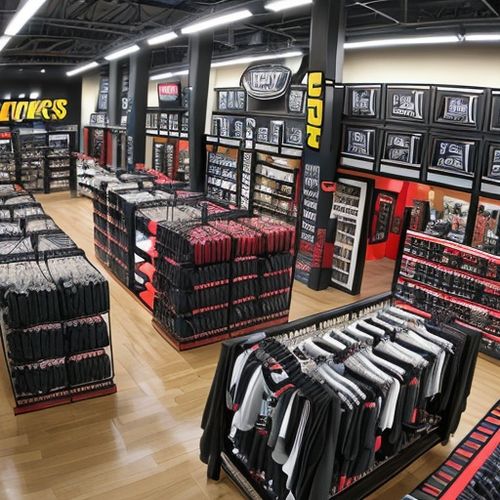
By Sarah Davis/May 16, 2025
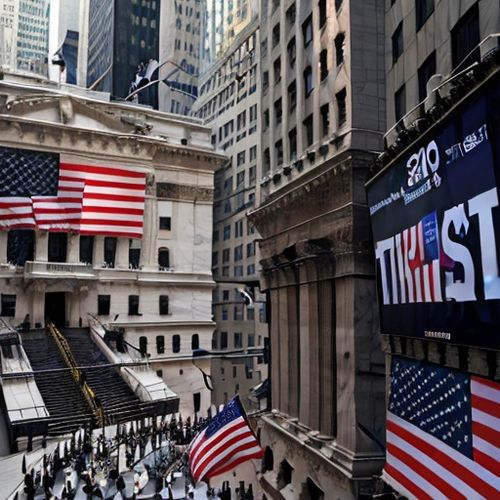
By Benjamin Evans/May 16, 2025

By Rebecca Stewart/May 16, 2025
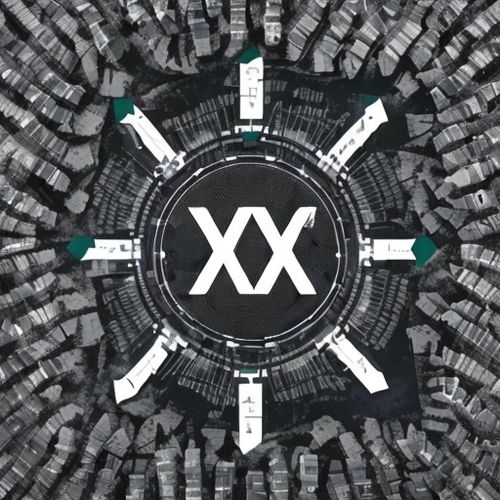
By Natalie Campbell/May 16, 2025
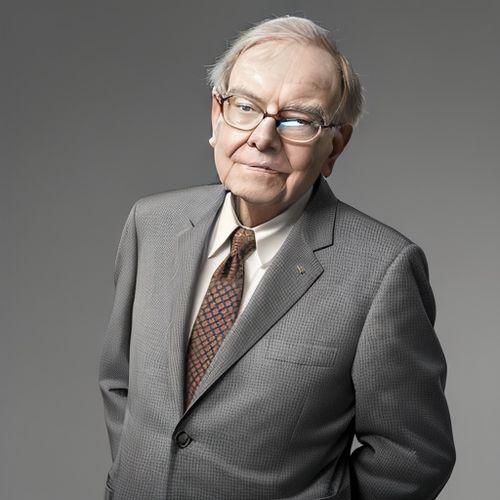
By Lily Simpson/May 16, 2025
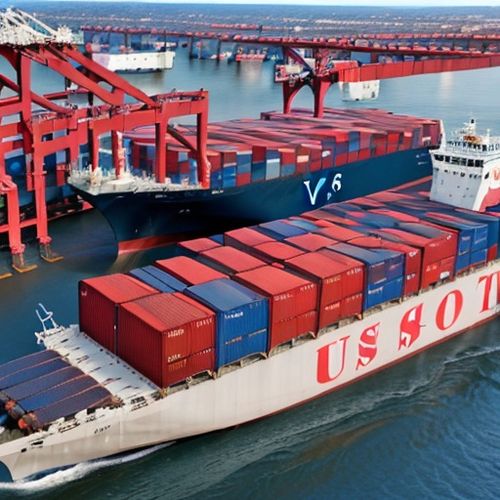
By Olivia Reed/May 16, 2025
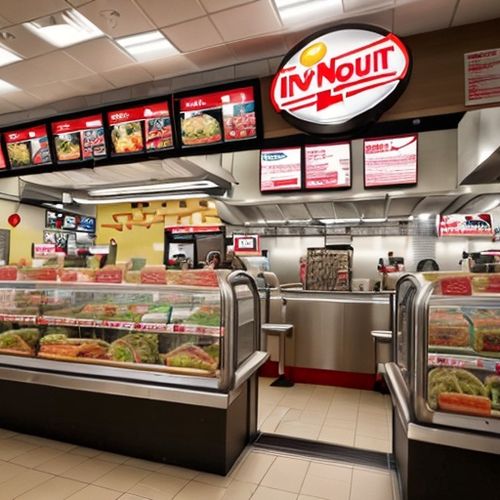
By Olivia Reed/May 16, 2025

By Elizabeth Taylor/May 16, 2025